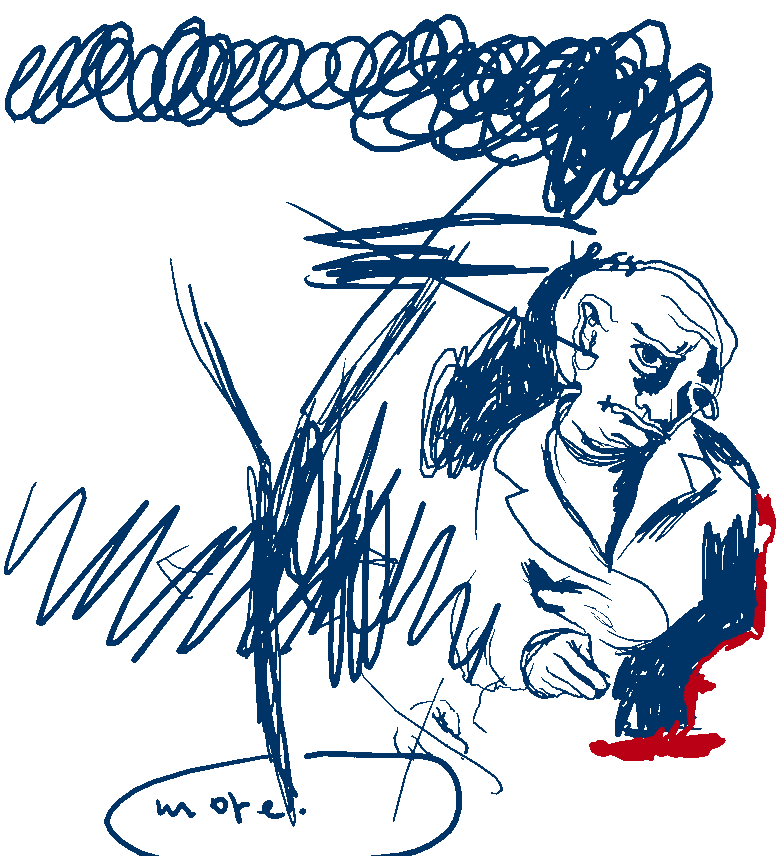Belarusian President Alexander Lukashenko accused the West of “preparing to invade” Belarus from Poland, and welcomed Moscow’s move to station Russian tactical nuclear warheads in Belarus, saying the weapons are needed to safeguard the country.
In an address to the nation Friday, Lukashenko said he has intensified talks with Russian President Vladimir Putin about deploying both tactical and strategic – more powerful - nuclear weapons to deal with threats from Ukraine’s western allies who he claims are planning a coup against him.
“If necessary, not only tactical but also strategic nuclear weapons will be introduced into Belarus,” he is quoted as saying by state media BELGA in his first comments since Putin announced plans to complete the construction of a special storage facility for tactical nuclear weapons in Belarus by the beginning of July.
He confirmed that Moscow has already transferred an Iskander short-range missile system, a device which can be fitted with nuclear or conventional warheads, to Belarus.
“Our converted planes can also carry a nuclear warhead. You heard from the President of Russia about joint plans to create the appropriate infrastructure on the territory of Belarus. I just want to clarify: the entire infrastructure has been created and is ready,” he said.
Lukashenko stressed that Minsk and Moscow would make “every effort and use the means to ensure their sovereignty and independence,” against Poland and its “zealous” western neighbors who he accused of building up the “formation of certain regiments, banners, legions,” for a “subsequent coup in Belarus.”
“At the same time, the transfer of NATO troops to the east is proceeding at an accelerated pace. The grouping of the bloc in Poland and the Baltic countries alone today has more than 21,000 military personnel, 250 tanks, almost 500 armored vehicles, about 150 aircraft and helicopters. And this whole armada is defiantly training near the borders of Belarus and Russia. The question is the same: why?” he said.
In response, the Belarusian military has been instructed to “immediately restore sites” in Belarus where intercontinental ballistic missile systems with nuclear warheads were previously located. “If necessary, Putin and I will decide and introduce strategic nuclear weapons here. And they must understand this, those who are trying to blow us up abroad today from inside and outside. We will stop at nothing, protecting our countries, our states and their peoples,” the Belarusian leader said, adding that he is “confident that these measures” will deter “overseas hawks and their satellites for a long time.”



















